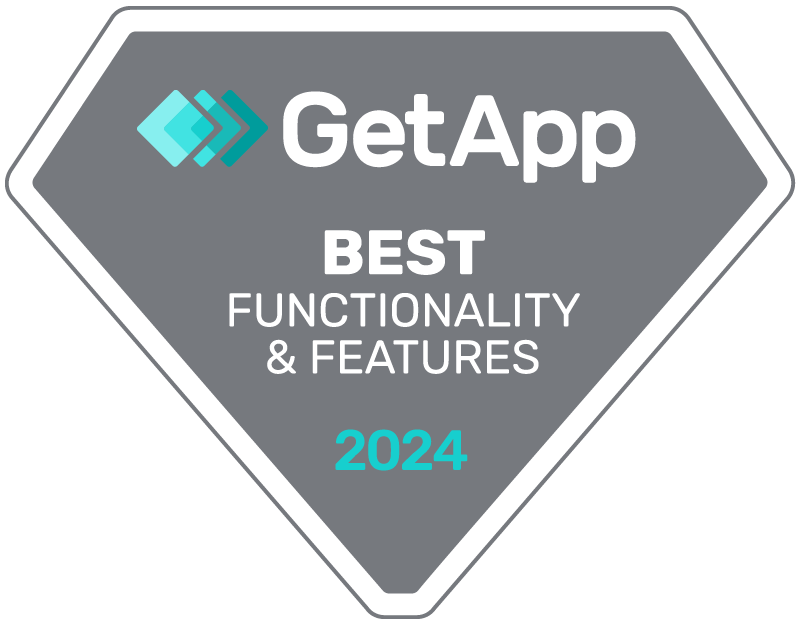The Importance of Organizational Effectiveness to Success in Fast Changing Markets

Today’s business environment is changing faster than ever, driven by digital transformation across every industry. Nearly a third of U.S. companies are likely to die in the next five years, if current trends hold, according to research from the Boston Consulting Group. This change is being driven by greater competition, leading to a need for continual innovation. In these challenging times, how can businesses not just survive but grow?
It comes down to two key areas– customers and employees. By focusing on the customer experience you can increase loyalty and win new business, improving top-line growth. At the same time unlocking the knowledge and skills of your staff will ensure you can compete in today’s knowledge economy. Getting the most out of your people will lead to greater organizational effectiveness over the long term.
How do you succeed in these two areas? Start by listening to customer and employee feedback and then act on their insight to change how you operate. Let’s look at employees – how can you tap into their feedback and use it to make your organization more efficient and effective? There are three main factors to focus on:
Try Questback 14 days for free.

Discover what truly motivates your employees so you can skyrocket your productivity and profitability.
Learn more1. Engage your staff
Businesses know how important employee engagement is to their bottom line. Engaged staff contribute more, are more productive, and tend to stay longer term, reducing your overall hiring costs. They go above and beyond their job descriptions, increasing efficiency and as they are less likely to leave, you avoid the time and expense of having to find replacements. Listening, and acting on feedback, is the start point of improving engagement. This needs to be regular and tailored to their needs – companies should move away from a single, annual employee survey to bring in more timely quarterly pulse and weekly ‘heartbeat’ monitoring.
2. Aligning culture and strategy
Engagement is great, but it needs to be channeled if it is to achieve maximum impact. That means employees need to be focused on your company strategy, and working on the areas that fit with your business objectives for employee engagement. Doing this means you’ll have to break down any barriers in your organization and create an open culture that is driven by always-on feedback. At the beginning this can be unnerving – employees have the chance to share their thoughts, whenever they want – and they then expect you to act on their feedback. This means you need to be transparent and open with a flatter corporate structure. However, the benefits considerably outweigh any concerns. Staff are both engaged and aligned with the organization’s goals and managers have access to broader insight, direct from your people. You create a culture of continuous improvement, with your employees operating effectively at all times.
3. Create leaders across the organization
The old model of top down leadership cannot cope with today’s hypercompetitive markets. To drive real organizational effectiveness, you need all managers to feel empowered to act as leaders, wherever they sit in the business. They need to continually looking at how they improve their performance by listening to, and acting on, feedback from those around them. To underpin this continuous performance management, managers have to be able to ask for, and receive, feedback at any time. This means they can check how they are performing, as well as collaborating with their teams to create new innovations and solve any issues that are holding the business back.
Getting the best out of your people is crucial to thriving in today’s increasingly competitive and fast moving markets. You need to create a strategy that delivers organizational effectiveness– beginning by listening to your employees, and acting on their feedback.
About the Author
 Luke Talbot | Director of Product Marketing
Luke Talbot | Director of Product Marketing
Luke joined Questback in 2014 and is now responsible for enterprise products and solutions globally. His role is focused on connecting Questback’s products and capabilities with the needs of the market and customers as well as establishing the vision that will keep the company ahead of the competition. Luke has over 14 years experience in software and solutions, including working for Azzurri Communications and Callmedia.









